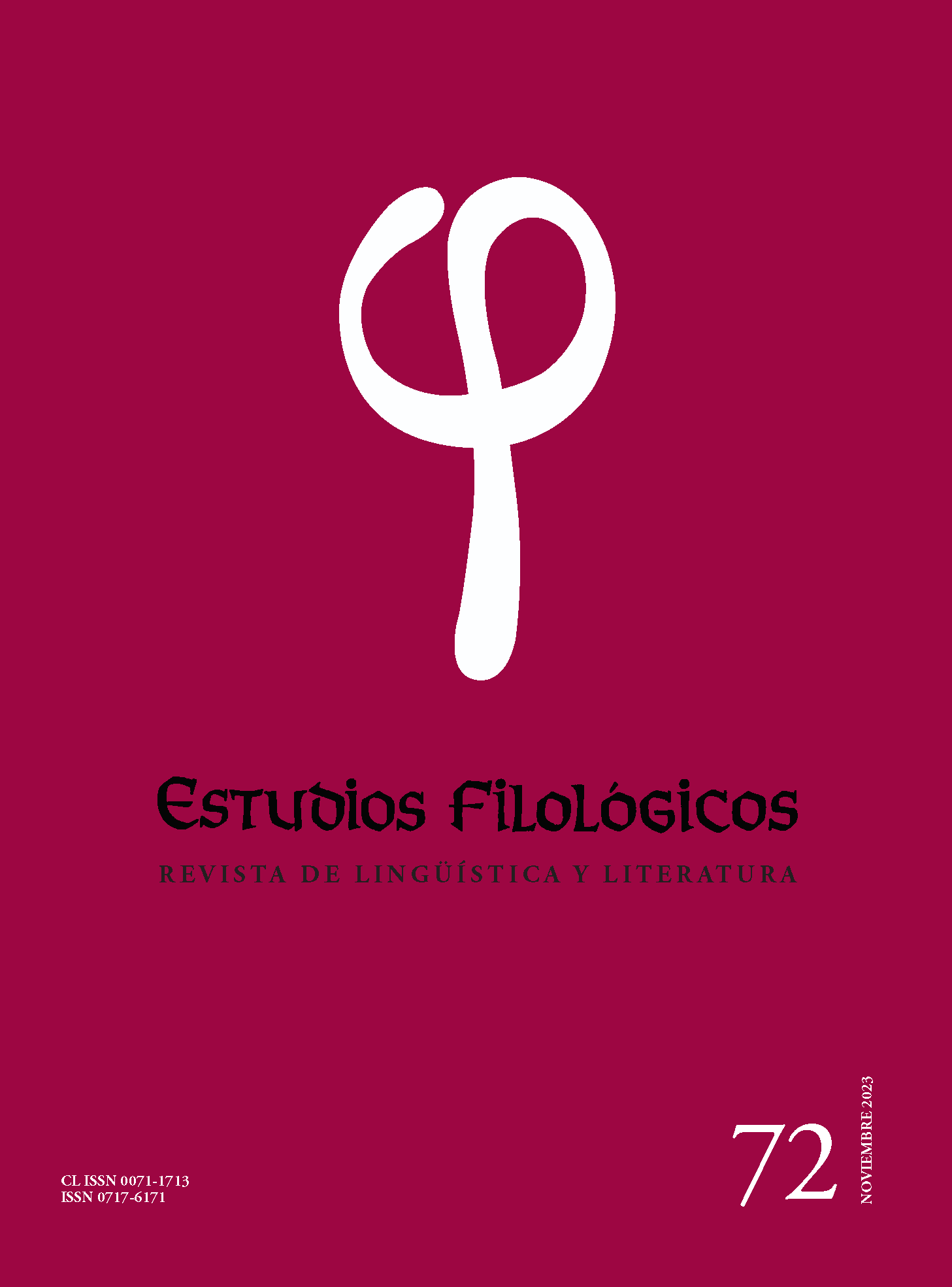Digital literature and materiality from the Souths
Main Article Content
Abstract
This essay reads Latin American digital literature in regards to its materiality from a decolonial perspective. In a broad sense, when digital literature makes its own materiality visible it restricts the naturalization of meanings bonded to contemporary hegemonic digital culture, being one of them an allegedly immateriality of algorithmic culture that, on the contrary, conceals the inequalities of material conditions of existence. Through artistic procedures, a significant portion of Latin American digital literature emphasizes not only the multiple levels of materiality inherent to digital literary works, but also the conventional ways to interact with and build meaning within the digital space that organizes everyday life. In a more specific sense though, when Latin American digital literature intersects decolonial thoughts and actions, it enables a deconstruction of digital literature global history, theory, critique and practice. Following contemporary thought on decolonial processes, the essay reads Latin American e-lit works in regards to a visibility of absences, the non-said of the hegemonic order, and the emergences of alternative paths. Latin American digital literature works that are analyzed here go from 20th Century’s sixties to the present, showing different ways of engaging with the decolonial option even within a highly colonial digital context usually non- critically accepted as a sign of novelty and “progress”.

